Screwdrivers are fundamental tools in any toolbox, essential for a wide range of tasks from assembling furniture to repairing electronics. Choosing the right screwdriver for your needs is crucial to ensure efficiency, accuracy, and safety in your projects. In this comprehensive buying guide, we'll walk you through everything you need to know when selecting screwdrivers for your toolkit.
There are several types of screwdrivers, each designed for specific screw heads. The most common types include:
Flathead (Slotted) Screwdrivers: These have a flat, single blade tip and are used for screws with a straight, single slot. They come in various sizes.
Phillips Screwdrivers: These have a cross-shaped tip and are used for Phillips-head screws, which have a cross-shaped indentation. They are labeled with numbers, with #0 being the smallest and #4 being the largest.
Torx Screwdrivers: These have a star-shaped tip and are used for Torx screws, which have a star-shaped pattern. They are labeled with sizes like T5, T10, etc.
Hex Screwdrivers (Allen Wrenches): These have a hexagonal tip and are used for hex screws, which have a six-sided socket. They come in various sizes, typically measured in millimeters or inches.
Ratcheting Screwdrivers: These screwdrivers have a ratcheting mechanism, allowing for faster screwing and unscrewing without lifting the tool from the screw head.
Precision Screwdrivers: These are designed for small, delicate screws commonly found in electronics and eyeglasses. They come in various tip styles.
The handle of a screwdriver plays a vital role in comfort and control. Consider these factors when evaluating screwdriver handles:
Material: Common handle materials include plastic, rubber, and wood. Choose one that provides a comfortable grip and minimizes hand fatigue.
Ergonomics: Look for handles designed with ergonomic contours that fit comfortably in your hand, reducing strain during prolonged use.
Anti-Slip: Some handles have anti-slip coatings or textures to provide a secure grip, especially in oily or wet conditions.
The length and thickness of the screwdriver shaft can impact your ability to reach screws in tight spaces and provide the necessary torque. Consider the following:
Shaft Length: Longer shafts can reach recessed or deeply set screws, while shorter ones offer more control in confined spaces.
Shaft Thickness: Thicker shafts provide increased strength and durability for heavy-duty tasks, while thinner ones are better for delicate work.
Screwdrivers with magnetic tips can hold screws securely, preventing them from falling and getting lost during installation or removal. This feature is particularly useful for small screws or when working in awkward positions.
If you work with electrical components, consider insulated screwdrivers with handles designed to protect against electrical shock. These are crucial for safety when dealing with live electrical circuits.
Investing in high-quality screwdrivers from reputable brands can save you time and frustration in the long run. Well-made screwdrivers are less likely to strip screw heads or break under pressure. Popular brands include Wiha, Wera, Craftsman, and Stanley, among others.
You can purchase screwdrivers individually or in sets. Sets typically offer a variety of screwdrivers with different types and sizes, making them cost-effective and convenient for a range of tasks. Individual screwdrivers are suitable when you have specific needs or want to replace a single tool.
While quality is essential, you can find screwdrivers that balance performance and affordability. Determine your budget and look for screwdrivers that meet your requirements within that range.
To ensure the longevity of your screwdrivers, store them properly in a dry place, and clean them as needed. Lubricate the moving parts and maintain the tips in good condition by avoiding misuse or over-tightening screws.
By considering these factors and selecting the right screwdrivers for your specific needs, you can build a reliable toolkit that serves you well in various projects and tasks.
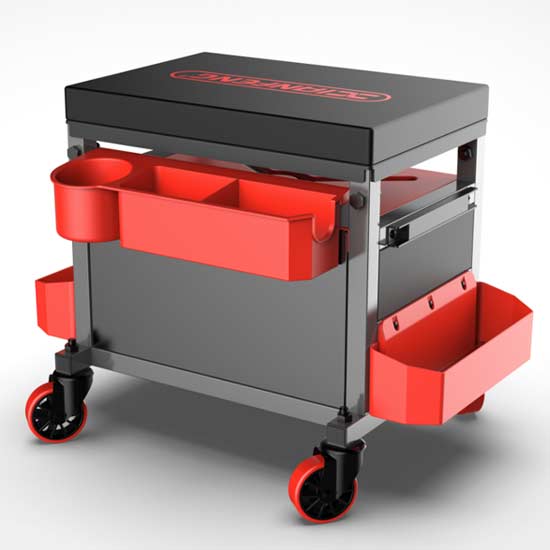 Tool seat
Tool seat
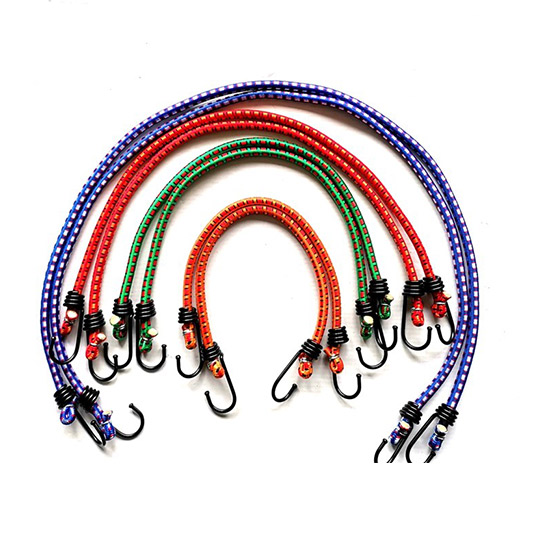 Stretch Cord
Stretch Cord
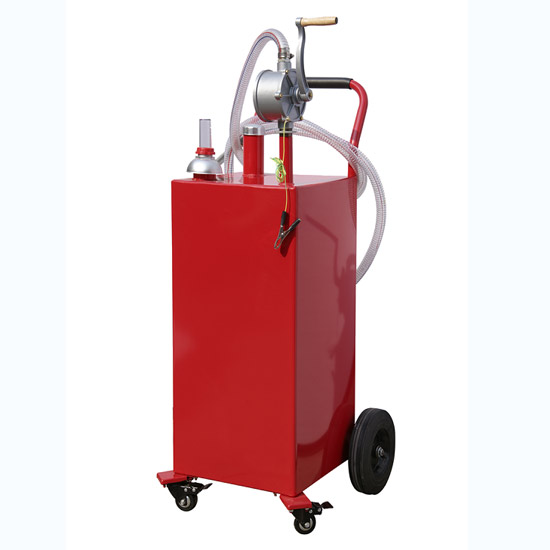 Oil Pump
Oil Pump
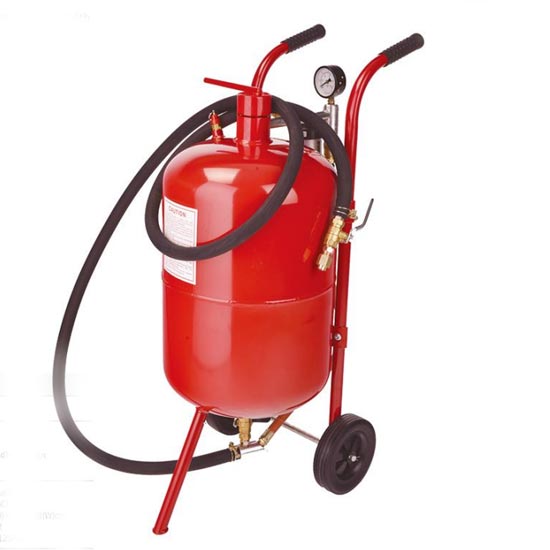 Sandblast Pot
Sandblast Pot
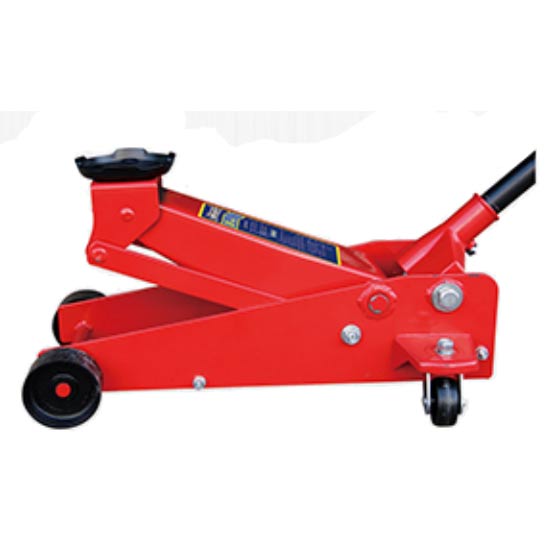 2.25 Ton Hydraulic Floor Jack
2.25 Ton Hydraulic Floor Jack
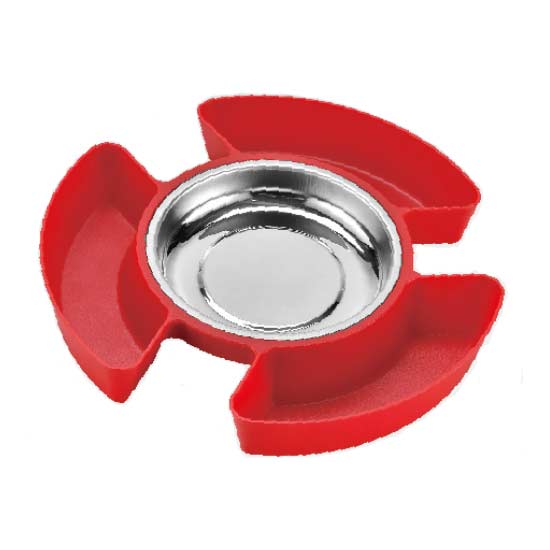 Magnetic Tray With Tool Plate
Magnetic Tray With Tool Plate
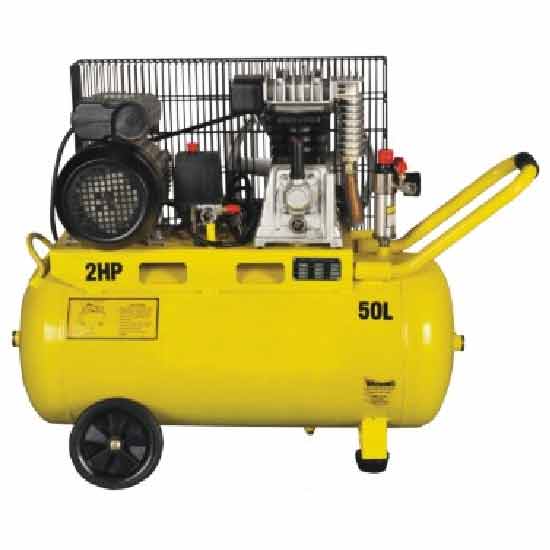 Single-stage Air-cool Movable Air Compressor
Single-stage Air-cool Movable Air Compressor
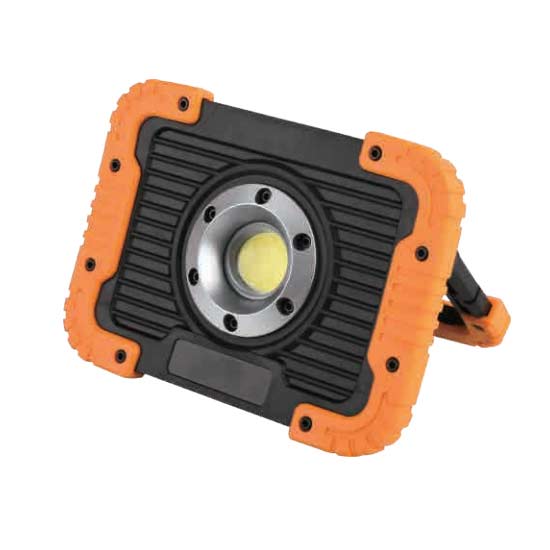 10W Rechargeable Led Flood Light
10W Rechargeable Led Flood Light
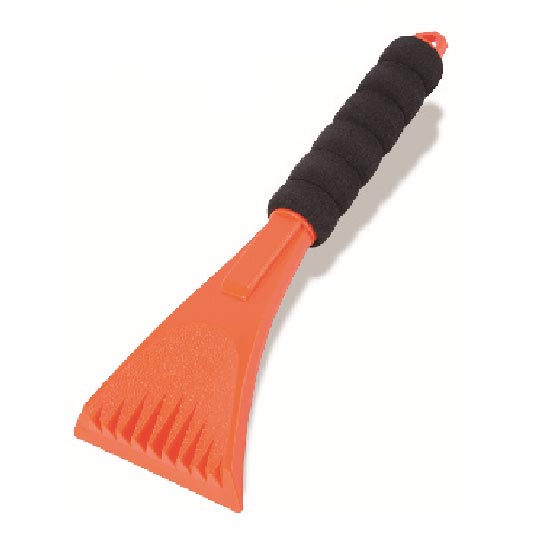 Ice Scraper
Ice Scraper
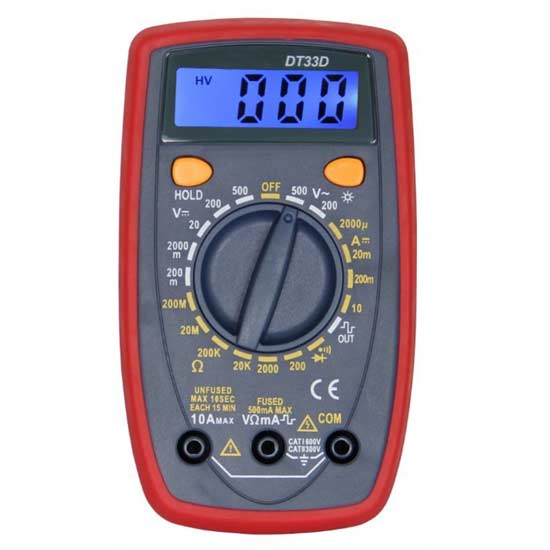 Small Multimeter with Backlight
Small Multimeter with Backlight
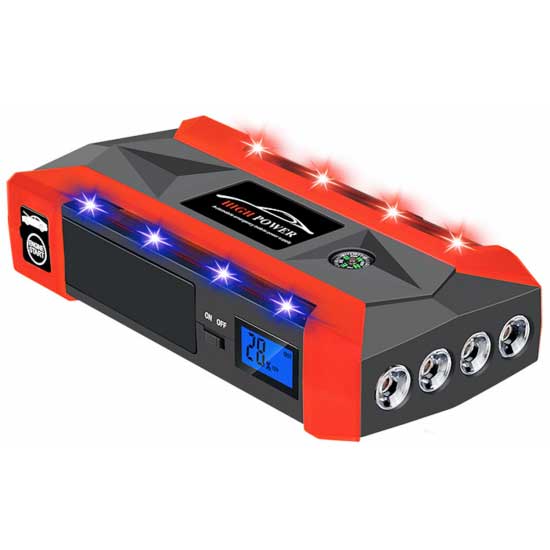 Jump Starter With 4 Led Lights
Jump Starter With 4 Led Lights
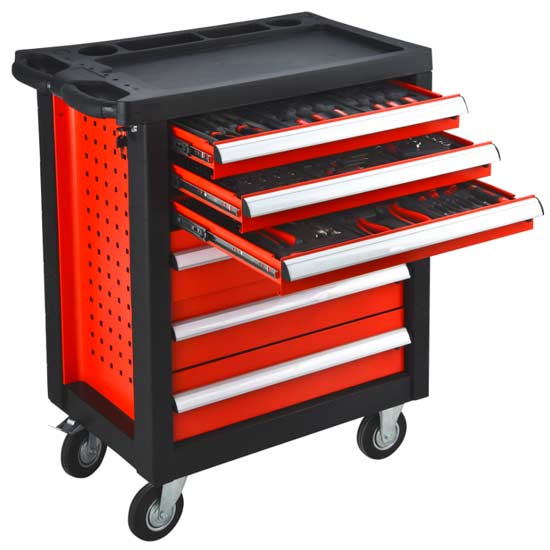 Steel Tool Cabinet
Steel Tool Cabinet
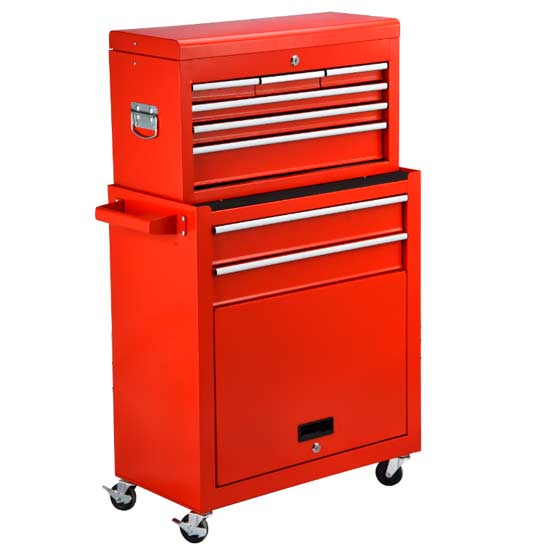 Large Tool Cabinet
Large Tool Cabinet
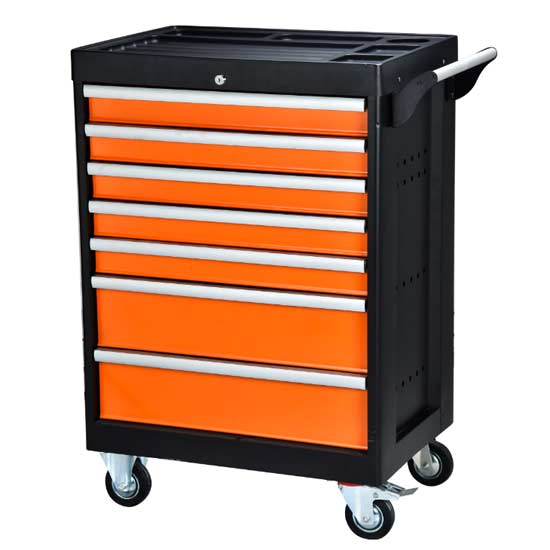 Tool Storage Cabinet
Tool Storage Cabinet
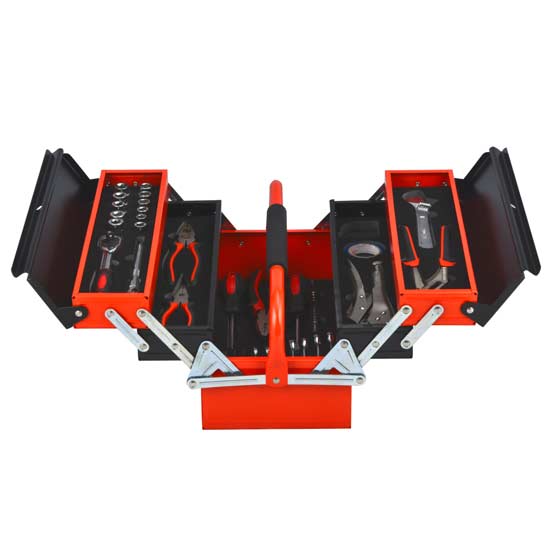 Metal Tool Box
Metal Tool Box
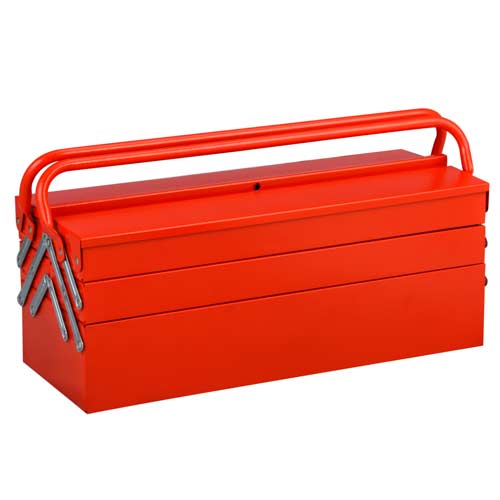 Large Metal Tool Storage Box
Large Metal Tool Storage Box
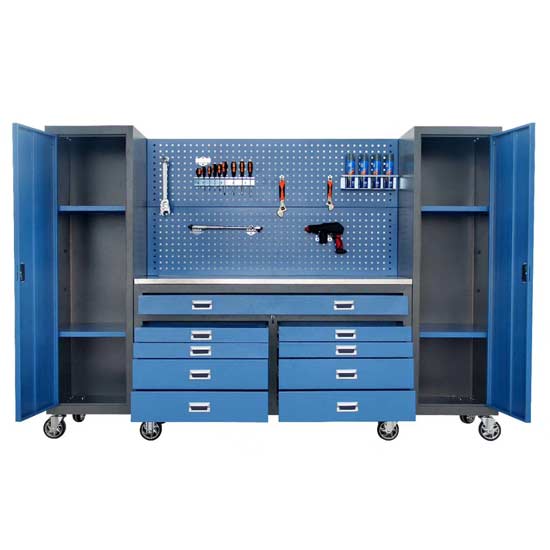 Blue Metal Tool Cabinet
Blue Metal Tool Cabinet
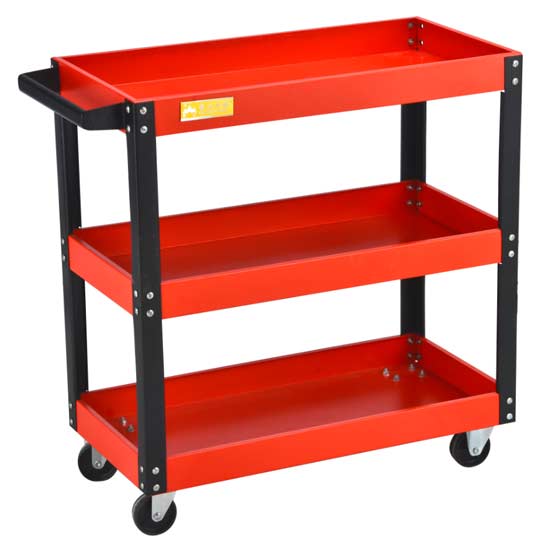 Red Steel Tool Trolley
Red Steel Tool Trolley
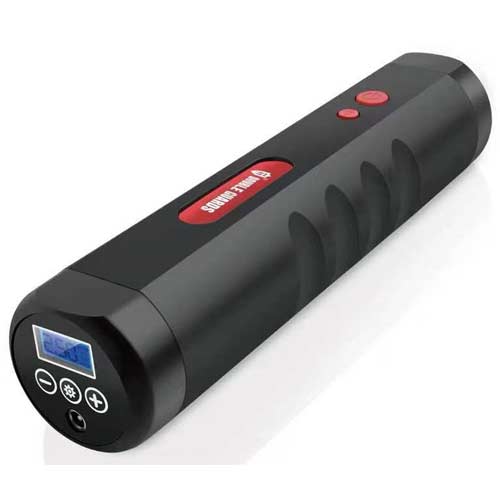 Portable Tire Inflator
Portable Tire Inflator
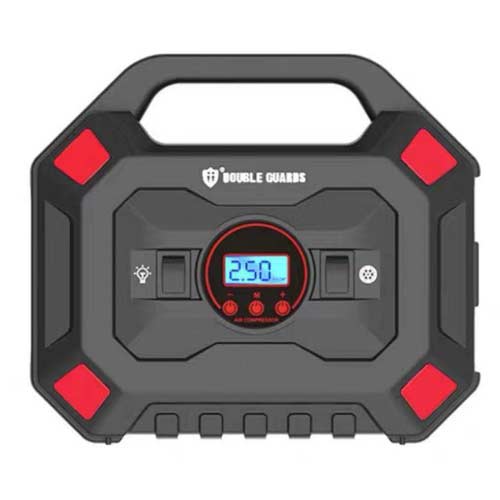 Custom Tire Inflator
Custom Tire Inflator
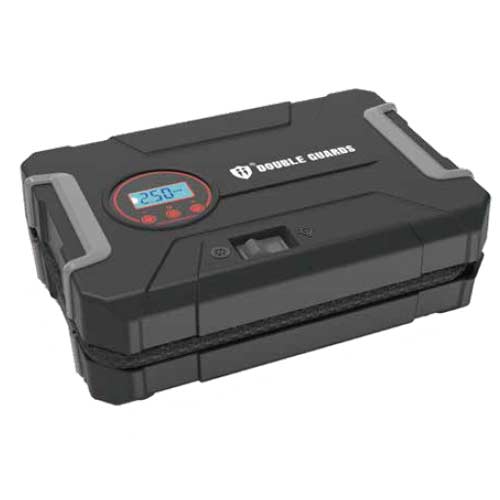 Tire Pressure Pump
Tire Pressure Pump
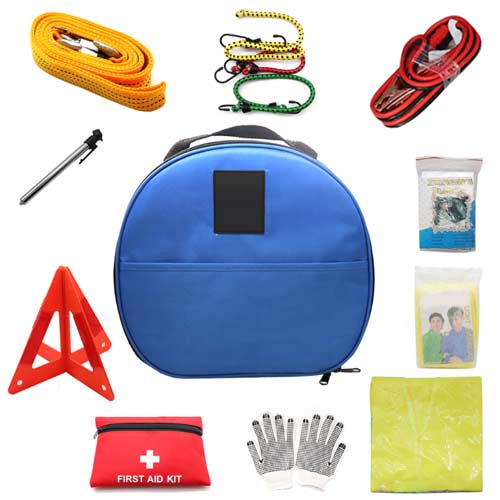 Auto Emergency kit
Auto Emergency kit